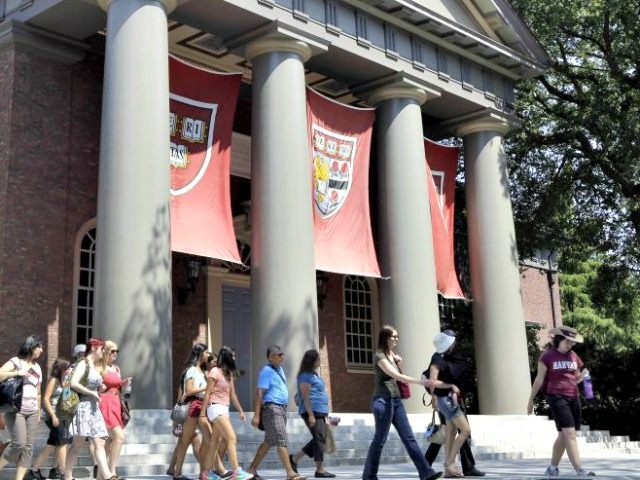An update from the Harvard Crimson this week suggests that female students may be exempt from Harvard’s policy that members of single-sex social groups will be ineligible for some scholarships, fellowships, and leadership positions.
According to the Crimson, members of all-female social groups will be permitted to remain in the group without fear of penalty, which will be strip members of gender-exclusive social clubs of the opportunity to apply for certain scholarships, fellowships, and leadership positions.
Traditionally all-female final clubs and sororities will be allowed to retain their “gender focus” for the next few years — and potentially beyond that period — while complying with the College’s policy penalizing single-gender social groups, according to Associate Dean of Student Life David R. Friedrich.
In an interview Tuesday, Friedrich clarified the details of a three to five year “bridge” program for all-female social organizations proposed by a committee tasked with implementing the College’s penalties against single-gender social groups.
The policy, which will be enacted for at least three years, has the possibility of extension beyond that time.
In a report released on March 6, a Harvard committee wrote that it “supports the idea of continuing to allow the female final clubs and sororities to operate with gender-focused missions, with the understanding that the positive contributions of those organizations to the campus community would be assessed in three to five years.”
In a letter to the student body, Harvard College Dean Rakesh Khurana wrote that the current social system at Harvard “facilitates highly asymmetrical power dynamics.” As a result, Khurana proposed that limiting the amount of members of single-gender social clubs could serve to correct the alleged imbalance in social power.
Our conversations and research revealed that the current social scene at the College revolves around deeply entrenched systems of power. Men’s final clubs in particular can leverage the historical dominance of gender, class, and race, to preserve that power. And when alcohol enters the picture, violence, hazing and sexual violence are sometimes used to assert their position. The simple reality is that this social system facilitates highly asymmetrical power dynamics. Because these systems are historical, they must be intentionally subverted to advance our shared commitment to broadening opportunity and making Harvard a campus for all of its students.
Tom Ciccotta is a libertarian who writes about economics and higher education for Breitbart News. You can follow him on Twitter @tciccotta or email him at tciccotta@breitbart.com

COMMENTS
Please let us know if you're having issues with commenting.